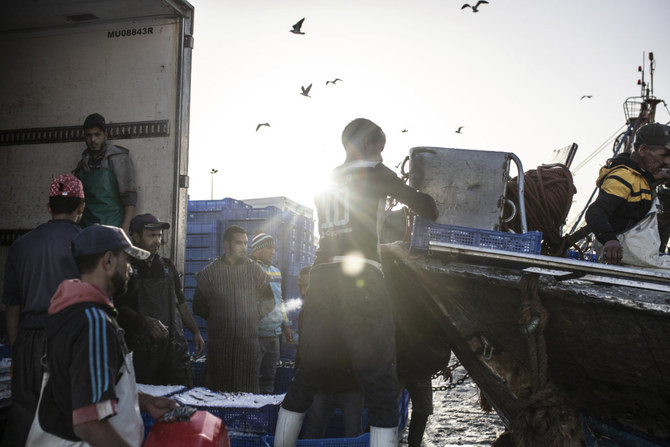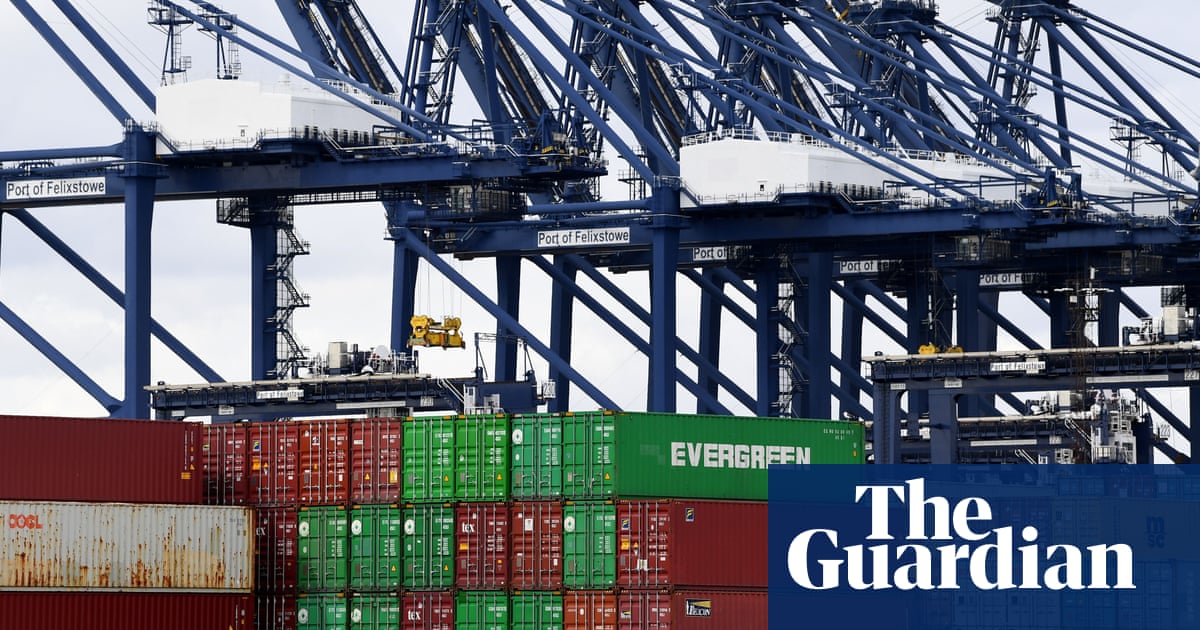
A European court has struck down the EU’s trade and fishing deals with Morocco because they were agreed without the consent of the people of Western Sahara.
The vast territory on Africa’s Atlantic coast was annexed by Morocco in 1975 after the withdrawal of Spain, the colonial power, in a move largely unrecognised internationally and opposed by the Polisario Front, which fought a 16-year guerrilla war against the kingdom.
In a victory for the independence movement, the EU’s general court annulled a decision by EU ministers to sign off the trade and fisheries deals with Morocco that included Western Sahara, but said they would remain in place as “annulling them with immediate effect could have serious consequences on the European Union’s external action and call into doubt legal certainty”.
The EU’s foreign policy chief, Josep Borrell, now has to chart a way out of the diplomatic fix that has split the bloc for more than a decade. While the former north African colonial powers, France and Spain, tend to favour the claims of Morocco, which regards Western Sahara as an integral part of its territory, Sweden and Germany have shown more sympathy to the cause of the Sahrawi people.
A UN-brokered ceasefire in 1991 ended the Polisario Front’s guerrilla war against Morocco, but a promised independence referendum has never taken place.
Reacting on Twitter to the ruling, Oubi Bachir, the Polisario Front’s ambassador to Europe, who brought the case, hailed a great victory for the Sahrawi people.
The court’s decision was widely expected as it reflects previous rulings. In 2016 and 2018, the court said earlier versions of the trade and fisheries agreements only applied to Morocco and not the natural-resource rich Western Sahara.
The EU sought a way around these rulings by revising the trade and fisheries deals, following consultations with self-declared representatives of the Sahrawi people. But the court, which said it recognised the Polisario Front as the representative of the people of Western Sahara, concluded EU authorities “cannot be regarded as having secured the consent of the people in Western Sahara”.
The effective order to rework the deals would have the biggest impact on Spain, whose fishing fleets enjoy a lucrative trade from the waters off the Western Saharan coast. In 2018, 94% of EU catches under the Morocco fishing deal came from Western Saharan waters, according to the trade body Europêche.
EU officials are also nervous about a diplomatic fallout with Rabat at a time when they are seeking greater help from Morocco in curbing irregular migration into Europe.
In a joint statement, Borrell and Morocco’s foreign minister, Nasser Bourita, said they would take necessary steps “to ensure the legal framework which guarantees the continuity and stability of trade relations” between the two sides.
Donald Trump’s US administration in December 2020 became the first western country to recognise Moroccan sovereignty in a deal aimed at normalising relations between Israel and Morocco.
The territory remains on the UN’s decolonisation list of “non-self-governing territories”, meaning its roughly half a million people are still not running their own government.












